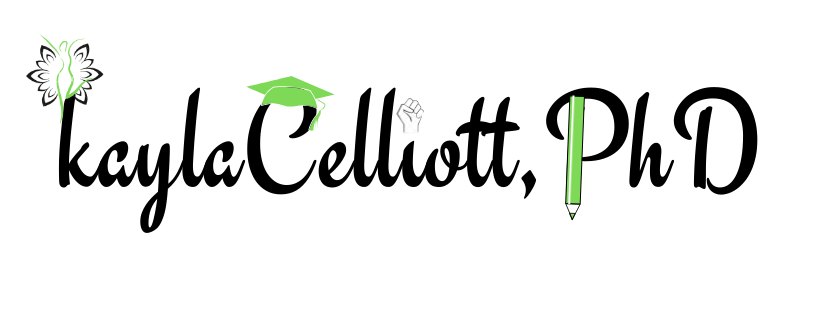18th Annual AERA Brown Lecture Commentator Remarks
Thank you to AERA for having me this evening, to Dr. Patton for your dangerous honesty and Dr. Allen for your poignant response. I bring you all greetings from The Education Trust– a DC based education advocacy organization where I lead an amazing team of policy analysts working to make higher education more accessible and affordable for students of color and students from low-income backgrounds.
When I thought of tonight’s central question on the hill of educational equity, I was reminded of early Black feminist and racial justice advocate Mary Church Terrell’s advice to lift as we climb. But tonight’s topic and Dr. Patton’s remarks require so much more nuance. So I want to challenge us to do excavation. To get our hands dirty. To dig in and dig up the hill and interrogate it’s structure and contents. Because just as hundreds of remains were discovered in an African Burial Ground below the civic center of New York City in 1991, excavation will allow us to clearly see how higher education is built on centuries of exploitation of Black people and our labor.
We are still climbing toward educational equity because state and federal policies have been thoughtfully, purposefully, and systematically designed for those at the top of the hill to profit from the effort and exertion of everyone forced to climb it. The hill of racism and white supremacy is a big business, and higher education is a key revenue stream.
- The sale of indigenous land garnered half a billion dollars for 52 predominantly white land grant universities.
- The sale and labor of enslaved Africans was profitable for the many colleges that used them to build and staff their campuses.
- Segregation was profitable for the traditionally or predominantly white institutions that benefitted from access to state, federal and private funds while their Historically Black colleagues struggled year to year.
- Deceptive recruiting tactics to leech off Black students’ Title IV funding, and trap them in debt are profitable to proprietary institutions and their shareholders
- Educational redlining is profitable for the lenders that charge HBCU students thousands of dollars more than their peers at PWIs
- Student loans- especially from Black women who have the highest debt of any demographic- are profitable for the federal government, which collected over $22 billion in interest payments alone in 2019.
- Students in higher ed in prison programs are profitable when they are paid pennies by corporations, are detained by for-profit prisons, or enrolled in for-profit institutions.
- And the labor of Black voters- particularly Black queer women organizers- was certainly profitable on the campaign trail for many of our now-elected leaders who have yet to seriously consider student debt cancellation, and who currently have the legislation that would make free college possible on the chopping block.
But let’s be clear that not everyone at the top of the hill is white. Individual summits are not communal wins. Representation and diversity matter, but not if those who make it continue to perpetuate the same problematic principles and predatory practices for their own financial and social profit.
I want to recognize the work of my former Ed Trust colleagues, Dr. Tiffany Jones, and the late Dr. Andrew Howard Nichols who authored our Hard Truths report where they write: “Historically, higher education has used racist policies to exclude students. Therefore, race-conscious policies are necessary to achieve racial justice.”
- We need good data that is disaggregated by race and income.
- We need accountability models that incentivize PWIs to live up to the call of Brown and increasingly enroll Black, Latino, Indigenous, and Southeast Asian students.
- We need funding models that ensure the institutions that are dedicated to educating Black students have the funding to give those students adequate supports, facilities, and housing. And to the Howard students demanding just that in the Blackburn Takeover- we see and stand with you.
So why do I advocate for something I claim is so pernicious? Because the majority of new jobs created will require some form of postsecondary credential. Because it’s now a requirement for a decent standard of living. Because health insurance is tied to employment. Because Black people deserve access to anywhere and everywhere we want to be.
In the grand scheme of the American experiment, free universal public primary school is fairly young, and Brown is even younger. Those were once bold, audacious ideas. Excavating this hill and getting our hands dirty means doing soil work- and soul work. We have to continue to fight for ideas that are audacious and bold like free college and student debt cancellation and holding institutions accountable for campus racial climate. Every generation eats the fruit of trees planted by ancestors we never met. So though we may be sowing seeds of crops we will never harvest or taste, I am grateful to those who thought enough of me to fight for Brown and Sipuel and Sweat and Adams, and inspired to continue that legacy.
Thank you.
